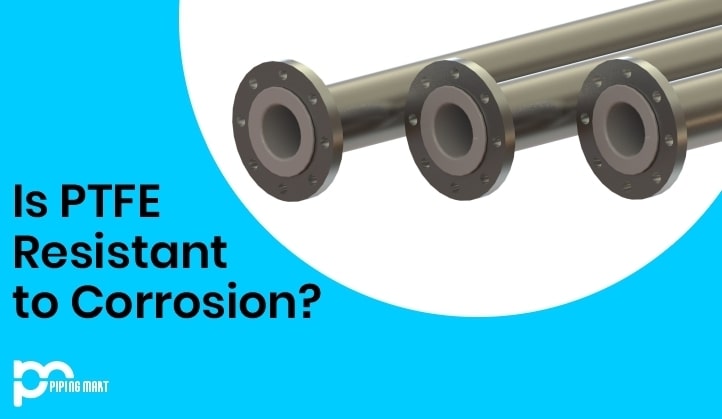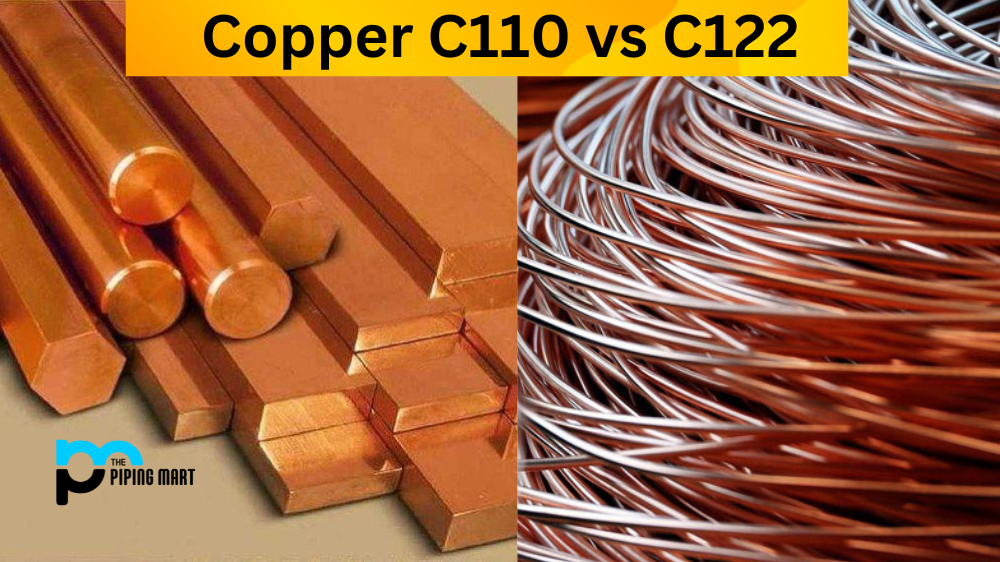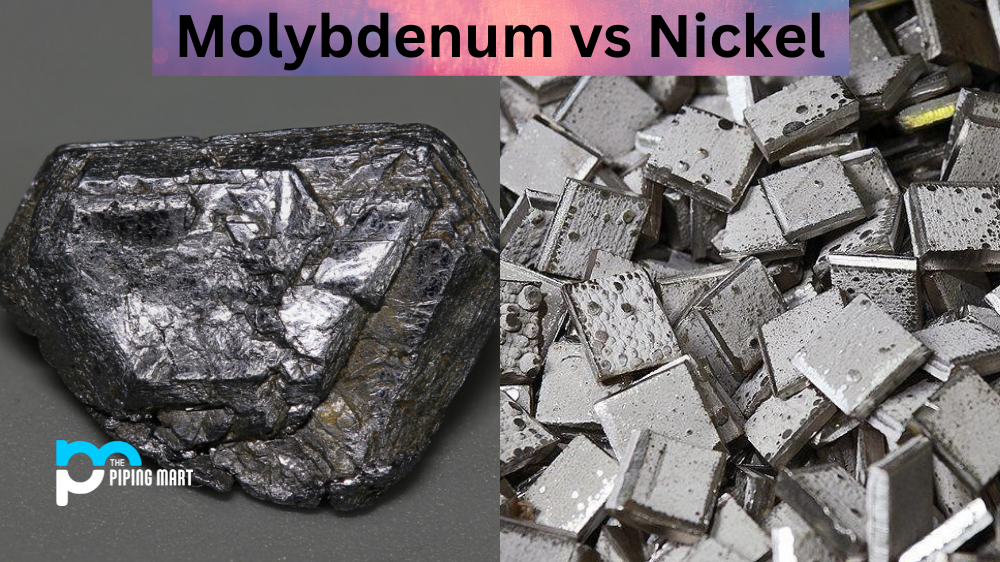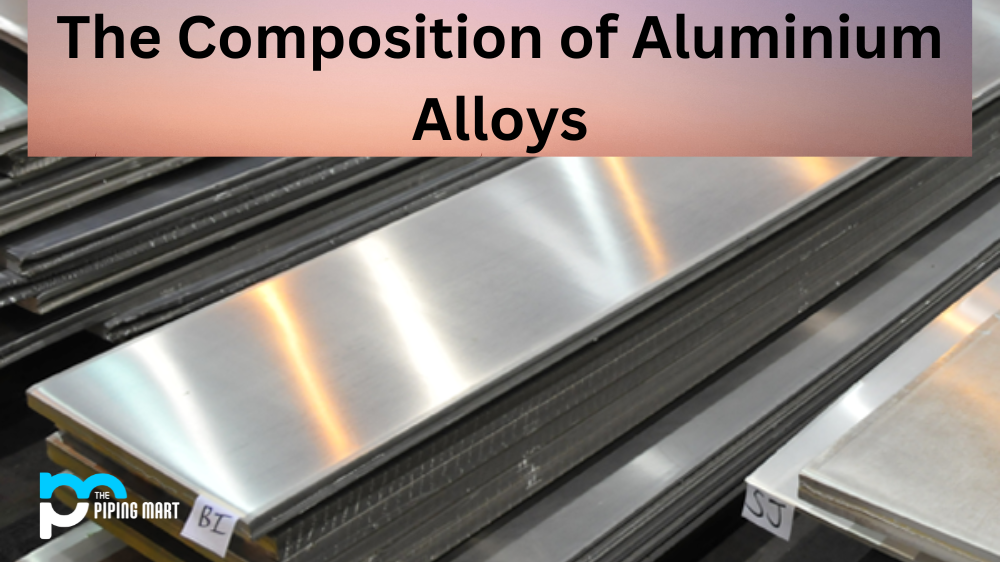Polytetrafluoroethylene (PTFE) refers to the synthetic fluoropolymer tetrafluoroethylene derivatives. This is a solid type of fluorocarbon, and an elevated molecular weight compound. It is composed primarily of fluorine and carbon. They are hydrophobic.
Polytetrafluoroethylene or PTFE is the adaptable, elite fluoropolymer generally used to make up carbon and fluorine particles. One of the basic uses of this polymer is non-stick covering in cooking utensils (dish, preparing plate and so forth.), so you can discover this effectively in your kitchen.
Notwithstanding being utilized in the kitchen, PTFE is utilized as a financially savvy elective for enterprises going from oil and gas, substance fabricating, electrical/electronic and development, and so on.
High performance commodity polymers are in demand because of low cost, toughness, easy efficiency, and ability to recycle. This article includes a survey on the efficiency properties of fluoropolymer polytetrafluoroethylene (PTFE). It is a well-known range for coatings, insulation, thermal sealing, lubrication, bearings and clinical use. PTFE was designed in several forms as a method of loading nano and micro fillers for various purposes and the researchers addressed the improved properties and performance. We have therefore disclosed the various casting routes of PTFE that can be used reliably in domestic and industrial applications.
Properties of PTFE
PTFE comes in fine grained, fine powder and water-based modes of dispersion.
- The granular PTFE resin is shaped in a fluid medium by suspension polymerization, with practically zero scattering operators. Granular PTFE gums are utilized essentially for trim (pressure and isostatic) and expulsion of rams.
- The fine PTFE material is formed by controlled emulsion polymerisation, and the objects are pure, tiny particles. Fine PTFE powders might be made by glue expulsion into slight parts or utilized as added substances to improve wear opposition or frictional properties of different materials.
- PTFE dispersions is formulated to use more active dispersing agent by means of aqueous polymerisation. Dispersions and coatings are used for film casting.
- PTFE’s mechanical properties are typically inferior to room temperature electronics plastics. Compounding with fillers was the tactic for resolving the scarcity. PTFE has favorable mechanical properties in its temperature range of usage.
- PTFE exhibits excellent electrical properties such as high resistance to corrosion, low dielectric constant. Owing to the strongly symmetrical arrangement of the macromolecules, has an exceptionally weak dielectric constant.
PTFE Corrosion Resistance
PTFE’s Corrosion Resistance is outstanding. In most violent and corrosive media, it is stable, with the exception of liquid or dissolved alkali metals, fluorine and other highly potent oxidizers.
PTFE coatings offer excellent chemical and corrosion tolerance, excellent non-adhesive properties and tolerance to high temperatures up to 260C. PTFE is almost completely insoluble, and chemically inert. It has high resistance to corrosion against a large variety of corrosive material. PTFE Ball seats have inherent lubricity. PTFE lined valves, PTFE lined pipe fittings and PTFE Lined flange gaskets are ideal for the most extreme applications with chemical resistance.
Many useful properties of PTFE include its high flexural power, even at low temperatures, high electrical resistance and dielectric strength, water resistance (due to the high electronegativity of fluorine), and low friction coefficient. PTFE is also very high in mass, at 2200 kg / m3.
Many alkaline metals (molten or in solution) and rare fluorinated materials are influenced by PTFE at high temperatures and/or heat. Some organic and halogenated solvents are ingested, but these effects are both physical and reversible.
Conclusion:
To conclude, PTFE is highly resistant to corrosion, making it ideal for multiple applications in various industries. However, this resistance to corrosion does not apply in all scenarios and can be affected by factors such as temperature and pH level. When seeking an anti-corrosive material for a specific application, it is essential that you research these factors thoroughly to ensure PTFE is the right choice before investing in the product. For maximum efficacy, consider also consulting an expert to determine if the conditions under which you want to use the material are suitable for using PTFE. Internally lubricated components made from PTFE can provide outstanding performance because of its excellent corrosion resistance properties, however without taking precautions into account such as the chemical environment or temperature range it may not give you desired results. With the proper precautions being taken, PTFE is a reliable and resilient material that could be useful for many projects while also providing a certain degree of safety against corrosion.

Pipingmart is B2B portal specializes in industrial, metal and piping products. Also, share latest information and news related to products, materials and different types grades to help business dealing in this industry.




